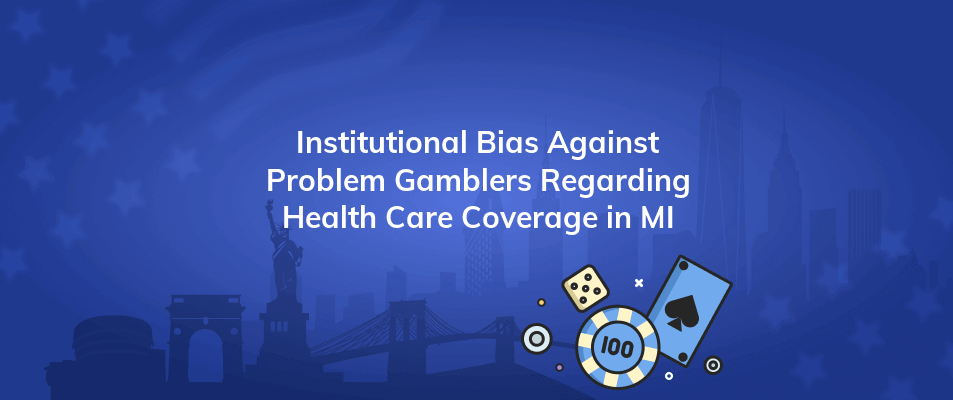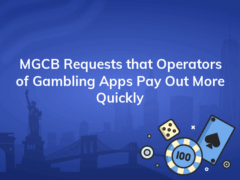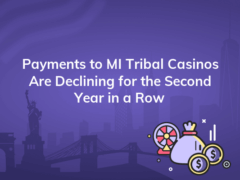Institutional Bias Against Problem Gamblers Regarding Health Care Coverage in MI

 1.3K
1.3K

The difficulties faced by a person with a gambling addiction extend beyond the issue at hand. Getting health treatment is more challenging for those with a gambling addiction than for those with other dependence problems. Last week, Stacey A. Tovino, a professor at the University of Oklahoma Law, spoke on the institutional prejudice that people with gambling problems encounter at the 16th Annual Michigan Problem Gambling Symposium.
According to Tovino, as compared to other people with any other physical or mental health problem, those with gambling disorders have not received the same level of treatment from public health care programs or private health insurance.
Since March is the month of responsible online gambling in MI, it’s important to understand the difficulties those who struggle with gambling issues have had while trying to get support.
Health Insurance Companies’ Bias Against Problem Gamers
Tovino has seen discrimination against those with gambling disorders in a number of major domains, including health insurance coverage and policy.
Health insurance problems that people with gambling disorders often encounter include:
- Limited or nonexistent coverage;
- Reduced the yearly expenditure limits;
- Reduced lifetime expenditure limits;
- Fewer visits for insured outpatients;
- Greater deductible amounts;
- Greater amounts of co-pay;
- Greater levels of co-insurance;
- Stricter standards for medical necessity;
- More conditions for preauthorization.
Physical conditions usually do not fall within these restrictions.
In contrast to someone with a physical health problem, Tovino said that if you have a gambling disorder and cognitive behavioral treatment would be beneficial to you, you may be granted fewer insurance-covered inpatient days or outpatient appointments.
















